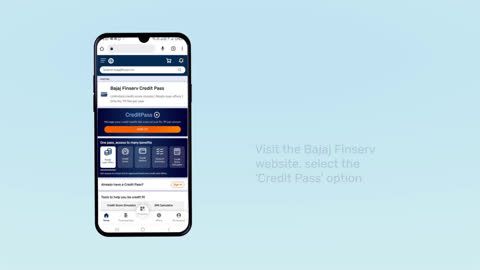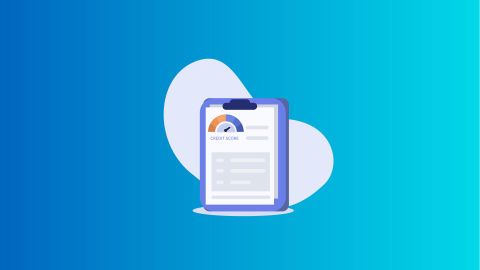What is a CIBIL Score?
A CIBIL score is a numerical representation of an individual's creditworthiness. It is calculated by evaluating various factors such as credit card repayment history, the number of credit accounts held, and the use of secured and unsecured loans. Lenders registered with CIBIL, a credit bureau, provide the information that forms the basis for calculating this score.
The score ranges from 300 to 900, with a score above 750 considered favourable by banks and financial institutions. A higher score signifies lower risk, while a lower score indicates higher risk for lenders. Different credit rating agencies may have different scoring ranges; for instance, Equifax uses a scale of 1-999. Borrowers with low scores may find it harder to secure loans, and if they do, it is often at higher interest rates.
It’s important to note that a CIBIL score differs from a CIBIL report. While the score is a simple numerical figure indicating creditworthiness, a CIBIL report is a detailed document that provides comprehensive information on your credit behaviour.
What is a CIBIL Report?
A CIBIL report, also called a Credit Information Report (CIR), is a detailed account of an individual's credit and loan history. This report includes personal information such as your name, address, PAN number, and employment details, alongside a record of loans and credit card usage.
The CIBIL report is generated using data received from various banks and financial institutions. It includes details about your loan types, repayment timelines, any defaults, and any settlements made. It also tracks the status of your credit cards, including any payment defaults or cancellations. The report even shows how many loan inquiries you have made.
Your credit score is included in the report, serving as a snapshot of your credit health. Obtaining your CIBIL report once a year is advisable to ensure accuracy and correct any discrepancies that might affect your score.
In summary, while a CIBIL score gives a quick overview of your creditworthiness, a CIBIL report provides a complete picture of your credit behaviour over time.
Difference between CIBIL Score and CIBIL report
| CIBIL Score | CIBIL report |
| A numerical score ranging from 300 to 900. | A comprehensive document detailing your credit and loan history. |
| Indicates creditworthiness at a glance. | Contains detailed information on credit cards, loans, and personal data. |
| Primarily used by lenders to assess loan risk. | Used by lenders for a thorough analysis of credit behaviour. |
| A high score (above 750) signifies low risk. | Lists payment defaults, loan settlements, and credit inquiries. |




